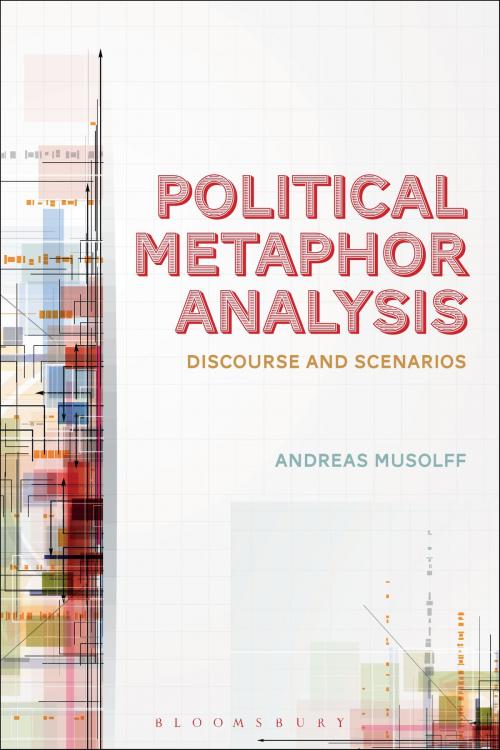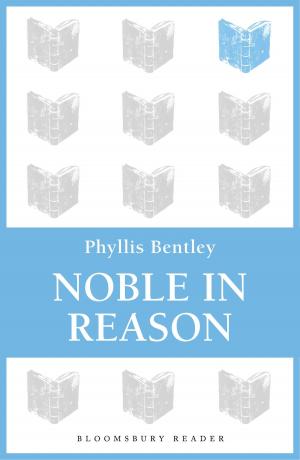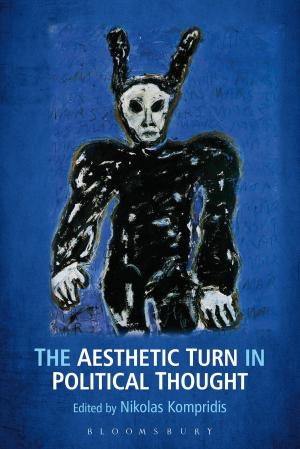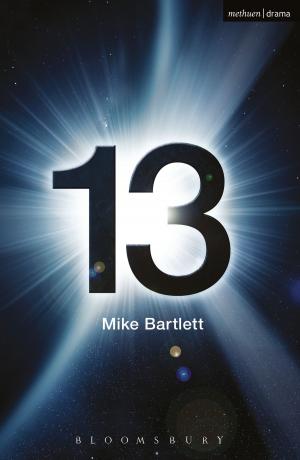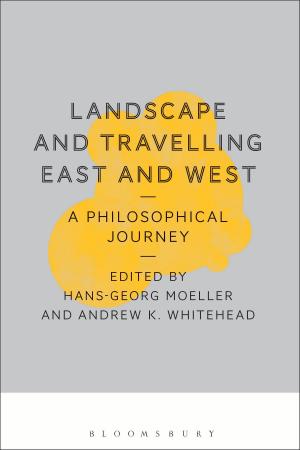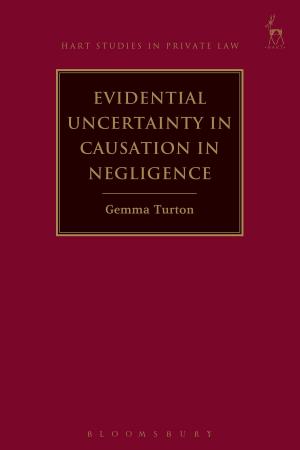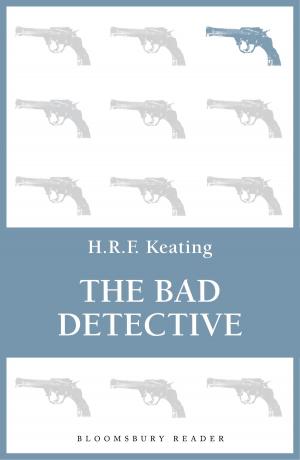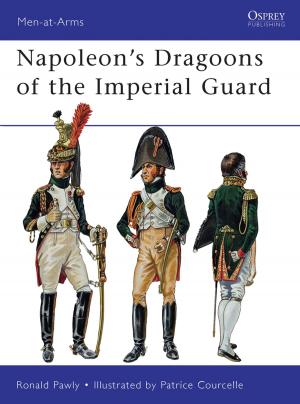Political Metaphor Analysis
Discourse and Scenarios
Nonfiction, Reference & Language, Language Arts, Linguistics| Author: | Professor Andreas Musolff | ISBN: | 9781441109859 |
| Publisher: | Bloomsbury Publishing | Publication: | August 25, 2016 |
| Imprint: | Bloomsbury Academic | Language: | English |
| Author: | Professor Andreas Musolff |
| ISBN: | 9781441109859 |
| Publisher: | Bloomsbury Publishing |
| Publication: | August 25, 2016 |
| Imprint: | Bloomsbury Academic |
| Language: | English |
This book explores the cognitively-oriented approach to
metaphor studies, comparing it critically to other contemporary paradigms of
metaphor in meaning. It incorporates cutting edge empirical data.
In both semantics and cognitive linguistics, metaphor has gained central status
over the past decades, chiefly on account of Lakoff and Johnson's 1980 book Metaphors We Live By, which has become a
standard point of reference.
Rather than advocating a 'pick and mix' combination of cognitive attitudes with
theory and data from other paradigms, the book argues for the methodologically
reflective comparison of theory traditions and acknowledgement of their
strengths and weaknesses. This critical
reflection on metaphor is an essential read for students of metaphor at an
advanced undergraduate or postgraduate level. Each chapter outlines areas for further reading and research, and the
book is built around data drawn from a multilingual research corpus of
metaphors compiled from existing research, other corpora and internet data.
This book explores the cognitively-oriented approach to
metaphor studies, comparing it critically to other contemporary paradigms of
metaphor in meaning. It incorporates cutting edge empirical data.
In both semantics and cognitive linguistics, metaphor has gained central status
over the past decades, chiefly on account of Lakoff and Johnson's 1980 book Metaphors We Live By, which has become a
standard point of reference.
Rather than advocating a 'pick and mix' combination of cognitive attitudes with
theory and data from other paradigms, the book argues for the methodologically
reflective comparison of theory traditions and acknowledgement of their
strengths and weaknesses. This critical
reflection on metaphor is an essential read for students of metaphor at an
advanced undergraduate or postgraduate level. Each chapter outlines areas for further reading and research, and the
book is built around data drawn from a multilingual research corpus of
metaphors compiled from existing research, other corpora and internet data.
